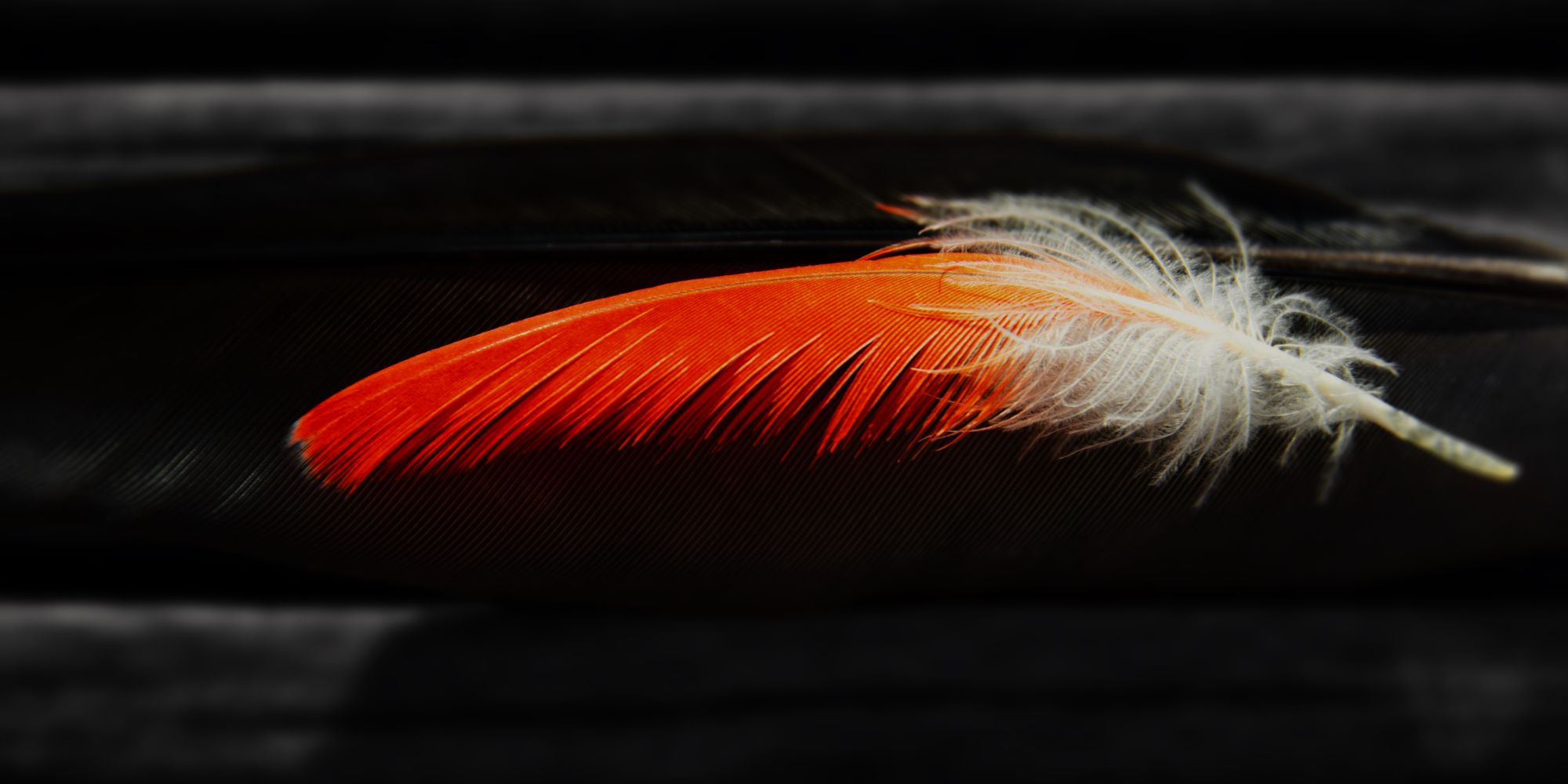
Running Commentary 5/29/2023
Hello,
Today is Memorial Day in the United States. The holiday originated as "Decoration Day", a time to decorate graves of fallen soldiers during the Civil War, and later expanding to commemorate the dead of later wars. Today it's one of the few federal holidays that non-government workers get off, and it serves as a sort of kick-off to summer, even though summer doesn't officially begin for another three weeks or so.
Anyway...
Watching...

BattleBots
World Championship VII is over, and a new bot has taken home the Giant Nut. Did I pick the winner in my bracket? (No, I did not.) Let's look at the fights:
- SAWBLAZE v MINOTAUR - My pick to win went out in the first fight of the night, to the eventual Giant Nut winner. Sawblaze kept Minotaur in their dustpan, and delivered a key hit that caught their batteries on fire early on. If this had come later in the fight, the Brazilians might have made it, since they lasted almost two minutes on fire.
- HUGE v WITCH DOCTOR - Huge, a bot designed specifically to counter the 4-wheel vert meta, defeated every 4-wheel vert it faced in the tournament, starting with Mad Catter and continuing with Witch Doctor. The half a ribcage that Witch Doctor lost was largely cosmetic damage, but it was more than it could deal back to Huge, which emerged from the fight essentially unscathed.
- RIBBOT v HYDRA - Hydra and Ribbot spent the first half of the fight locking forks. It was Hydra who blinked, and from there, it was Ribbot's fight. Hydra is a bot that I've never really bought the hype for as a Nut contender, and this fight shows why. Ewart just isn't aggressive enough; he waits for opportunities, and at a certain level, those opportunities stop presenting themselves. Hydra can win the ground game against anyone, but they can't recover from hits very well.
- COPPERHEAD v RIPTIDE - Ethan Kurtz had to drop from the competition; I initially wondered if Brian Nave hadn't found him alone in a back alley, but no, he just caught Covid. Anyway, Felix Jing took the controls and I think he drove pretty well. Riptide's loss came due to Copperhead being one of the few bots able to tank their hits, and what I suspect were microfractures left in their weapon after that big hit that sent Hypershock into the roof.
- SAWBLAZE v RIBBOT - After spending so long locked with Hydra, Ribbot decided to try to do the same thing to Sawblaze. The two bots spun around the arena like a courting pair of bald eagles until Ribbot finally broke away. Sawblaze chased it down and delivered a firm hit that disabled Ribbot's weapon. A battery fire filled the whole arena with a dense fog of smoke. Despite that fire, Ribbot lasted the full three minutes, but they didn't do enough to Sawblaze to have a chance at winning.
- HUGE v COPPERHEAD - Copperhead has a weak spot up on top, which it didn't armor in anticipation of fighting Huge. Unable to reach anything but Huge's wheels, and with their plan to spin their weapon backward to disable Huge's bar a failure, they were open to a knockout, and Huge delivered.
- SAWBLAZE v HUGE - The championship match was one of the best fights of the season. Huge had a great year, and Sawblaze was the worst-case scenario for them to face. Sawblaze broke out the "ears" it wore for its fights with Skorpios and Monsoon, and they were successful at keeping Huge's blade away from its weapon arm. A very well-placed hit took out half the drive belts from Huge's weapon and won the match, which went to the judges. This fight, regardless of how it would have gone, saw the first non-4-wheel-vert to win since Tombstone back in 2016, and the first bot not built for high-energy hits since the grappler version of Bite Force in 2015.
World Championship VII really showed the importance of good driving and durability alongside having a good design and a hard-hitting weapon. This season was BattleBots' best yet.
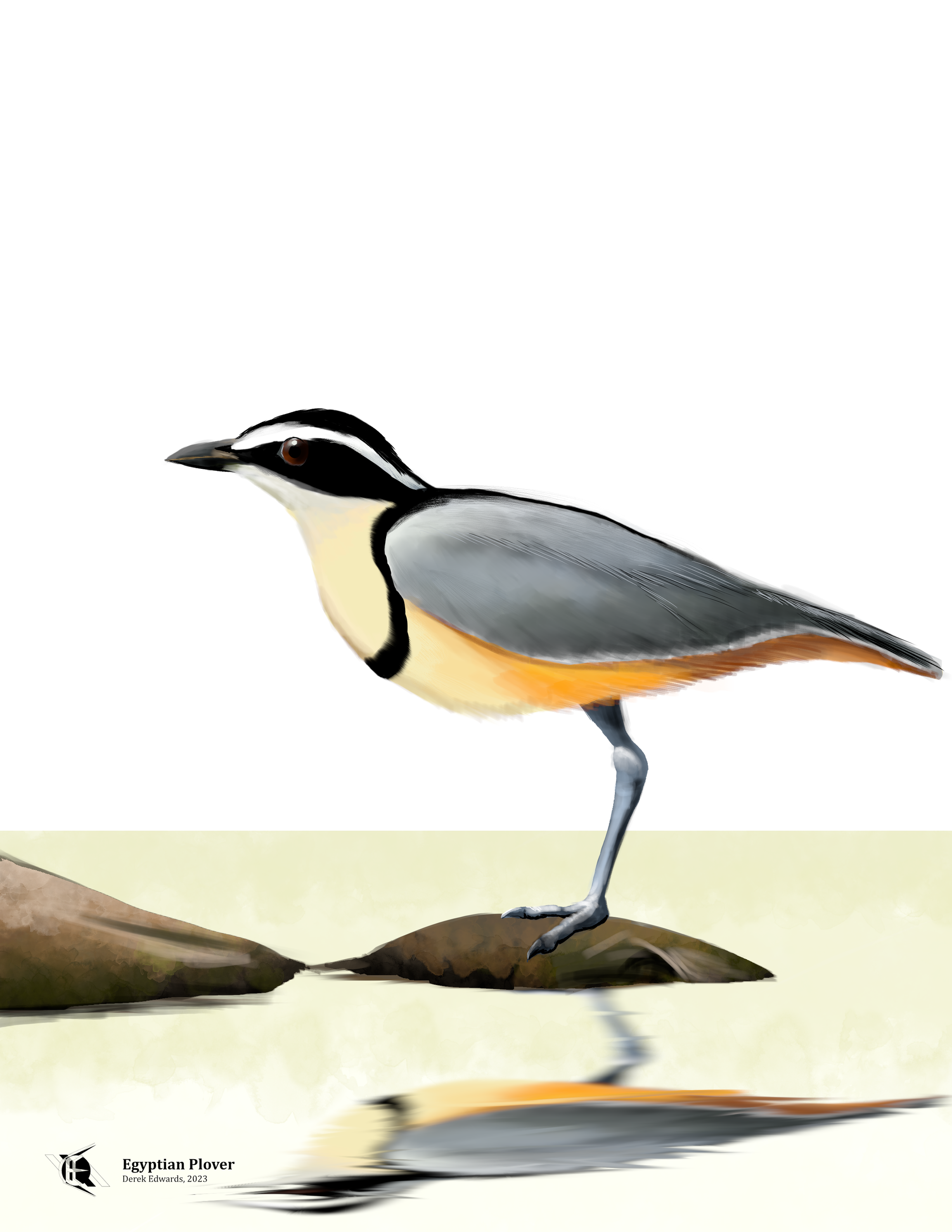
Bird of the Week
Birds find food in so many places. Flycatchers pluck insects from the air; gannets dive under the ocean's waves for fish; robins pull worms out of moist earth; sunbirds sip nectar from flowers; finches crack into seeds. This week we have the strangest story of a bird finding food someplace that I've ever come across: that of the Egyptian Plover.
Found around the Upper Nile and near the rivers of other regions of Africa, the Egyptian plover is an odd little shorebird. It is classified in its own family, apart from the main plover/lapwing family. They nest in deep scrapes made in riparian sandbars. Where many birds are primarily concerned with keeping their eggs warm, Egyptian plovers go to great lengths to keep their eggs cool, partially burying their eggs in wet sand and even getting their feathers wet before laying on their eggs. (The sandgrouses, some of whom are also found in Africa, will also get their feathers wet for their young's sake, but that's a bird for another week.)
Egyptian plovers are also known as crocodile birds. The ancient historian Herodotus of Halicarnassus recorded the bird (which he called the "trochilus") as a friend to the crocodile, whose mouth would become full of leeches, and who would come up out of the water and open their mouths, allowing the birds to climb safely into their jaws and eat the leeches. Later European explorers reported seeing Egyptian plovers feeding out of crocodiles' mouths, picking food from their teeth.
The issue is that all this business about crocodiles doesn't seem to be true. Herodotus is credited as the Father of History (a term he coined, coming from the Greek for "inquiry") but he is sometimes also called the Father of Lies; you see, he would travel throughout the world known to the Greeks and interview locals about the places he visited, but he did no fact-checking, so his history is a jumble of actual events alongside myths, tall tales, and second-or-third-hand accounts. His work was revolutionary and important but not reliable at all. For what it's worth, crocodiles do bask with their mouths open, and it's possible that someone once saw a bird sneak a snack from between one's teeth, but neither the Egyptian plover nor any other bird seems to make a habit of doing so, and crocodiles have no friends.
(Actually, though ancient people probably didn't know this, there are creatures that eat from between predators' teeth: the cleaner wrasse is a small marine fish that has been observed feeding inside the mouths of sharks.)
To science, this bird is Pluvianus aegyptius, but that just means "Egyptian plover" in Latin. The name "Egypt" derives from the Greek "Aegyptos", which comes from the Egyptians' name for the temple of Ptah in the city of Memphis. The ancient Egyptians called their home K'met, meaning "black land", after the rich soils of the Nile floodplain. The modern state of Egypt is known locally as Misr, after Mizraim, the grandson of Noah said to be the forefather of the Egyptians. Modern Egypt has different borders than ancient Egypt, and the Egyptian plover is not found there.
Curation Links
FoodFight!: The Story of a Cinematic Abomination | Meghan Boilard, Off-Topic
A look at the history of a strange attempt to knock-off Toy Story that came out a decade late and which starred grocery brand mascots in a Casablanca pastiche, with generic brands cast as the Nazis. Even that bad an idea suffered from being poorly realized, and the movie remains an infamous disaster to this day.
What If Cryonics Worked? | Rachel Nuwer, BBC Future
“Assuming cryonics does wind up working, for the newly reborn citizens of the past there would be more to their stories than simply opening their eyes and declaring a happy ending. Instead, they would immediately face the challenge of rebuilding their lives as strangers in a strange land. How that would play out depends on a host of factors, including how long they were gone, what kind of society they returned to, whether they know anyone when they are brought back and in what form they return.”
Stolen Dishonor | John David Duke, Jr., Ordinary Times
"For decades—decades—I have held my Opa in contempt, and I regret it. What a tragedy! I have committed a great injustice against him. I have applied a dishonor upon him, ignorantly, and out of shame. The dishonor belongs to the other man, the one I liked! The boundary of the ocean and language and his death and the divorce and the adulterous affair—boundaries all, preventing a frank conversation between two men exploring the boundaries of human existence…ach, du Lieber!"
Manuscript Tradition | Harry Turtledove, Tor.com
[FICTION] “Dr. Feyrouz Hanafusa is a curator at Yale in the 23rd century. Space exploration is still ongoing, and signs of life have been discovered on a planet near TRAPPIST-1. Signs, Dr. Hanafusa realizes, that suspiciously resemble drawings in the Voynich manuscript, which no one has been able to decipher for over eight hundred years.”
See the full archive of curations on Notion



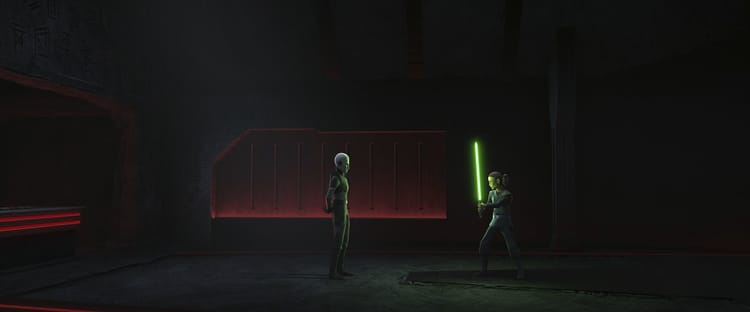
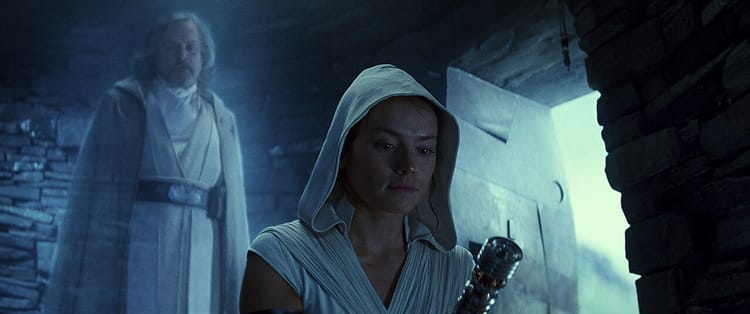
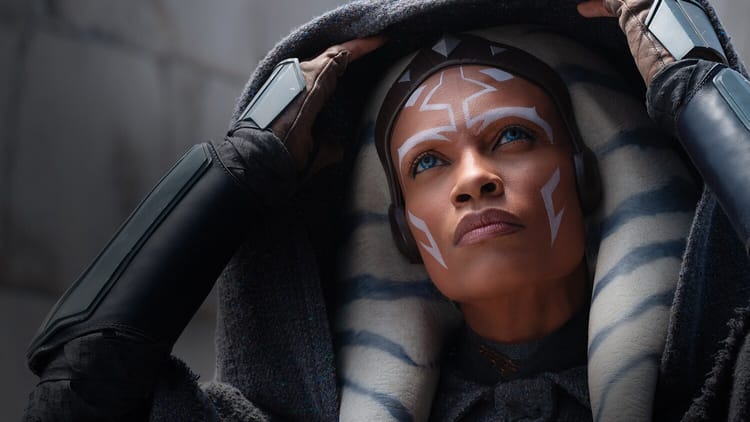
Member Commentary